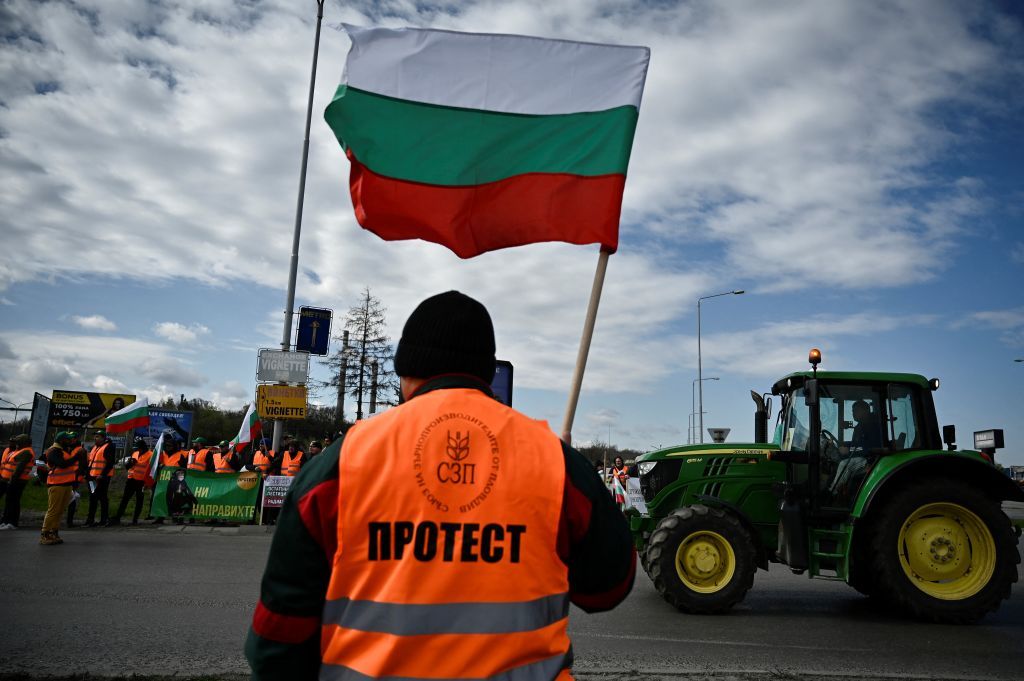EU Commission expects Ukraine's grain import to resume on May 2, allowing ban on five products

Poland will have to lift its ban on grain shipment on May 2, according to undisclosed sources cited by Polish media RMF 24.
In exchange, the EU will allow an embargo on wheat, corn, rapeseed, and sunflower for five EU countries – Poland, Hungary, Slovakia, Bulgaria, and Romania. They would still be obligated to transport these products elsewhere.
Bulgaria, Hungary, and Slovakia reportedly confirmed that they would withdraw their ban on grain as soon as possible.
Ukraine's Foreign Ministry on April 29 lashed out at Poland and the EU on what it called a "categorically unacceptable" situation concerning the trade restrictions on Ukrainian grain, urging its allies to "find a balanced solution."
President Volodymyr Zelensky on April 28 said he spoke with European Council President Charles Michel regarding the ban, calling it "a gross violation of the Association Agreement and the founding treaties of the EU."
"This gives the Kremlin dangerous hope, the hope that in our common European home, someone's wrong decisions can prevail over common interests," Zelensky said in his evening address on April 28.
On April 28, after nearly two weeks of negotiations, European Trade Commissioner Valdis Dombrovskis announced that five EU countries finally "reached a political agreement" with the European Commission on Ukrainian grain imports.
The five EU countries will receive 100 million euros in support package to compensate farmers, and the agreement included "safeguard measures" for wheat, sunflower seeds, maize, and rapeseed, according to Dombrovskis. He did not disclose more details.
After starting its full-scale invasion, Russia blocked Ukrainian ports on the Black Sea, hindering Ukraine from exporting its grain via sea and forcing Kyiv to start exporting through neighboring countries, primarily Poland.
Soon, large quantities of cheap Ukrainian grain stayed in neighboring Poland, Hungary, Slovakia, Romania, and Bulgaria, affecting the prices and sales at domestic markets and causing an uproar among local farmers.
Ukraine's overload of food exports to the European Union has become a thorn in Kyiv's relationship with its close neighbors against the backdrop of a long-running political conflict between these countries and the European Commission.











